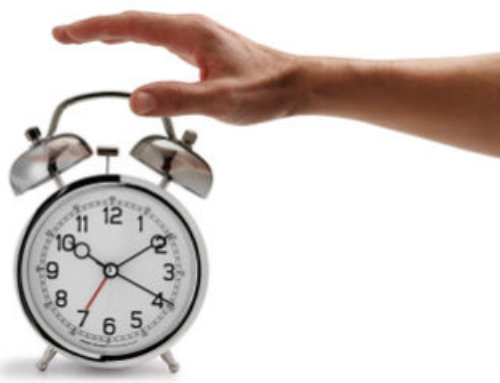EMBARGOED FOR RELEASE: June 9, 2008, at 12:01 a.m.
CONTACT: media@aasm.org
WESTCHESTER, Ill. – Insomnia complaints among college students are significantly associated with a decline in school performance based on self-reported grade-point average (GPA), according to a research abstract that will be presented on Monday at SLEEP 2008, the 22nd Annual Meeting of the Associated Professional Sleep Societies (APSS).
The study, authored by James F. Pagel, MD, of the University of Colorado, focused on 64 psychology, nursing and medical students, with an average age of 27.4 years. GPA (2.0 to 4.0) was split in the middle to form two groups: low GPA and high GPA.
According to the results, 69.7 percent of those students with low GPAs had difficulty falling asleep. In addition, 53.1 percent of low GPA students experienced leg kicks or twitches at night, while 65.6 percent reported waking at night and having trouble falling back to sleep and 72.7 percent had difficulty concentrating during the day.
“In college students, the complaint of difficulty concentrating during the day continues to have a considerable impact on their ability to succeed in the classroom,” said Dr. Pagel. “This study showed that disordered sleep has significant deleterious effects on a student’s academic performance, including GPA.”
Insomnia is a classification of sleep disorders in which a person has trouble falling asleep, staying asleep or waking up too early. It is the most commonly reported sleep disorder. About 30 percent of adults have symptoms of insomnia.
It is recommended that adults get between seven and eight hours of nightly sleep.
The American Academy of Sleep Medicine (AASM) offers the following tips on how to get a good night’s sleep:
- Follow a consistent bedtime routine.
- Establish a relaxing setting at bedtime.
- Get a full night’s sleep every night.
- Avoid foods or drinks that contain caffeine, as well as any medicine that has a stimulant, prior to bedtime.
- Do not bring your worries to bed with you.
- Do not go to bed hungry, but don’t eat a big meal before bedtime either.
- Avoid any rigorous exercise within six hours of your bedtime.
- Make your bedroom quiet, dark and a little bit cool.
- Get up at the same time every morning.
Those who suspect that they might be suffering from insomnia, or another sleep disorder, are encouraged to consult with their primary care physician or a sleep specialist.
The annual SLEEP meeting brings together an international body of 5,000 leading researchers and clinicians in the field of sleep medicine to present and discuss new findings and medical developments related to sleep and sleep disorders.
More than 1,150 research abstracts will be presented at the SLEEP meeting, a joint venture of the AASM and the Sleep Research Society. The three-and-a-half-day scientific meeting will bring to light new findings that enhance the understanding of the processes of sleep and aid the diagnosis and treatment of sleep disorders such as insomnia, narcolepsy and sleep apnea.
Sleep Education, a patient education website created by the AASM, provides information about various sleep disorders, the forms of treatment available, recent news on the topic of sleep, sleep studies that have been conducted and a listing of sleep facilities.
Abstract Title: Insomnia Significantly Affects the School Performance of College Students
Presentation Date: Monday, June 9
Category: Insomnia
Abstract ID: 0709
# # #








